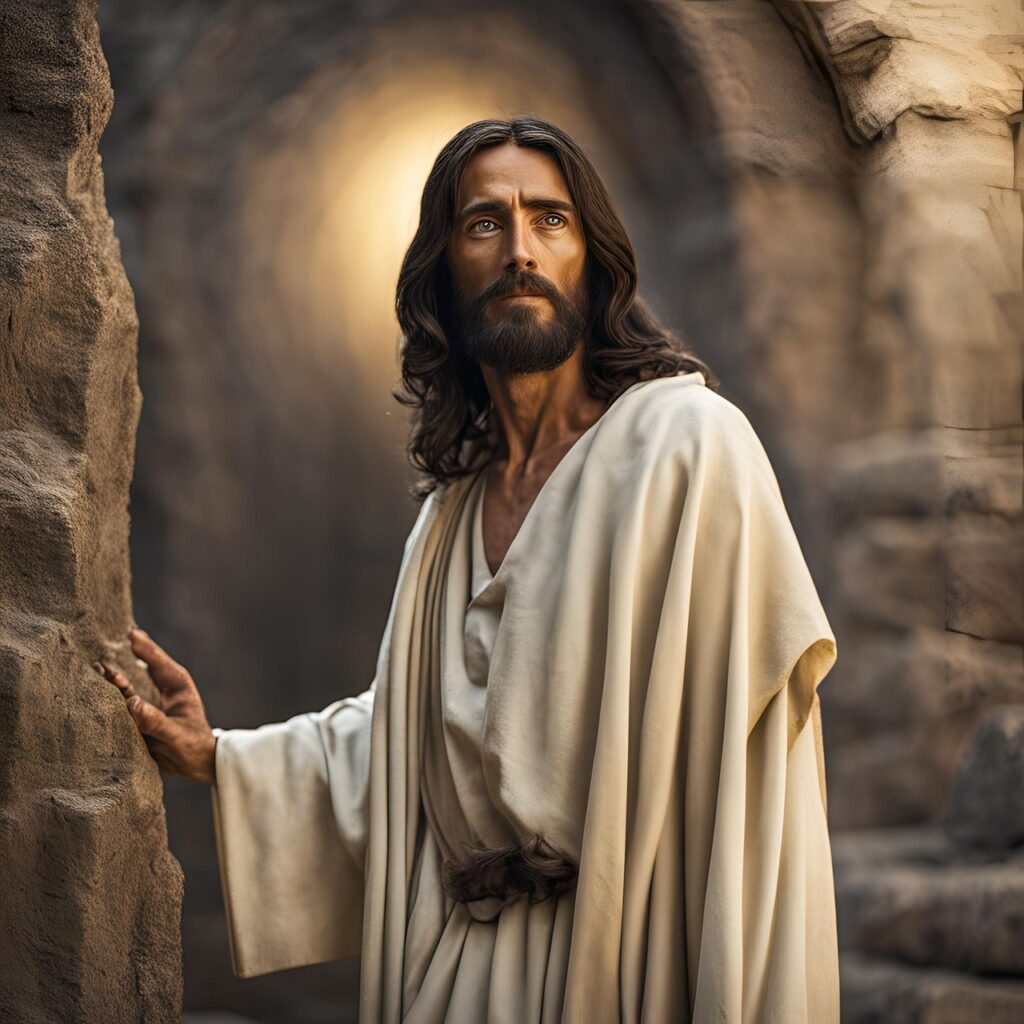Reflection by Bishop Enrique Díaz: Great things you have done for us, Lord
Fifth Sunday of Lent

Bishop Enrique Díaz Díaz shares with Exaudi readers his reflection on the Gospel for this Sunday, April 6, 2025, entitled “Great things you have done for us, Lord.”
***
Isaiah 43:16-21: “I will do something new and give my people something to drink.”
Psalm 125: “Great things you have done for us, Lord.”
Philippians 3:7-14: “I consider everything rubbish, that I may be made like Christ in his death.”
John 8:1-11: “Let he who is without sin among you cast the first stone.”
On this Sunday, Saint John invites us to prepare ourselves very close to Easter, revealing new insights into judgment and forgiveness. It’s easy to judge others from the trenches of security. Powerful countries condemn violence and terrorism when thousands of victims have fallen because of their horrendous policies. They become judges of countries in their fight against drug trafficking and tolerate and conceal the exorbitant consumption within their borders. They build walls to prevent the entry of illegal immigrants, but they support economic systems that foster poverty and hunger. The highest summits condemn poverty and injustice—on foreign soil, not their own! And very close to home, in our own society and Church, these pharisaical attitudes exist that condemn others and conceal our own sins. It’s easier to condemn than to examine ourselves internally and give life.
The accusers use the woman and her sin to seek Jesus’ condemnation. What could they expect in response from Jesus? Much has been said, because the text itself proposes it, about the accusers’ double intentions. They are not interested in the woman; they don’t believe in her conversion; they deny her the possibility of change. With the stones they hold in their hands, they want not only to bury the woman’s past, but also the woman herself, and with her, Jesus. The woman is placed standing “in the middle,” as was often done in judicial interrogations, but without offering her the opportunity to defend herself. Thus, she is isolated and alone, and the one they question is Jesus. Turning to Him, they wait for His reaction. They ignore the sin they question so much in order to achieve their dark purposes. To condemn Jesus, they disregard the woman’s life and dignity. This is a very current attitude: people’s lives don’t matter, and they are accused and condemned in order to achieve their own interests.
Thus, Jesus moves in two camps: the solution to the trap and the forgiveness of the woman. He clearly confronts the reality of sin and reveals himself as the one who simultaneously unmasks it and frees it from it. The presence of sin is evident in the crime of which the woman is accused and, even more clearly, in the behavior of the Pharisees who use her person as a pretext and set a trap for Jesus. Jesus is also alone when the woman stands before Him. He doesn’t hide it; he calls “sin” what is sin. This is important in that society, but it is also very important in our society, where we want to disguise sin, we get used to living in it, and we want to excuse it. We justify it in ourselves and condemn it in others. The Christian community must know how to identify, like Jesus, the authentic sin that separates us from God and isolates our brothers and sisters. It must call it by its name and banish it. But it is one thing to banish sin and quite another to banish the sinner. How convenient it is to judge people by secure criteria. How unjust and easy it can be to appeal to the law to condemn so many people who are marginalized or incapable of living integrated into our society.
The most remarkable thing in the liturgical atmosphere of these days is discovering how Jesus, with his mercy and forgiveness, definitively dissolves the past and gives the sinner a future full of hope. He breaks the circle of accusers and sin, and only an invisible line remains linking the woman to Jesus. The text tells us nothing about the woman’s feelings, but this serves to emphasize the gratuitousness of the forgiveness the Lord grants and the saving role of Jesus. The imaginary vision of the woman crushed by stones is replaced by the same woman walking away, free, toward a future opened to her by Jesus. What would happen to the accusers? We are told nothing, but at least they did not stone the woman as some of us might have done. Not because we were without sin, but because we are incapable of recognizing it. So too, just as for the woman, for the accusers it is an opportunity for salvation. Certainly, for women, it is a real passage from death to life, as the conversion of each of us must be. This is what Jesus offers us this Lent. It is making the Paschal Mystery a reality in our lives: death and resurrection.
In this text, it is as important not to condemn others as it is to seek our own conversion. In the face of so much easy judgment and condemnation, Jesus invites us not to coldly condemn others, but to understand them based on our own personal conduct. Before throwing stones at someone, we must know how to judge our own sin. Perhaps then we will discover that what many people need is not condemnation, but a little understanding that helps them and a possibility of rehabilitation. What the adulterous woman needed was not stones, but a merciful heart and a helping hand to help her up.
Lent is to embrace the mercy of Jesus, who did not come to condemn, but to save, who does not deliver us to death, but grants us new life and liberation. Lent is about placing ourselves alone, sincerely, before Jesus, looking at our lives, feeling his all-pervading gaze, and discovering his hand and his mercy, which rescues us from our sin and offers us a new life.
Lord Jesus, today when I feel full of sin, alone, and isolated, I also want to feel your loving hand that lifts me up, that encourages and comforts me. I want to hear your voice: “Neither do I condemn you.” I want to feel your breath inviting me: “Go and sin no more.” Thank you, Lord, for showing me such great mercy. Amen.
Related

Reflection by Bishop Enrique Díaz: The Lord’s mercy is eternal. Alleluia
Enrique Díaz
27 April, 2025
5 min

After Eight Days Jesus Arrived: Commentary by Fr. Jorge Miró
Jorge Miró
26 April, 2025
3 min

The Perspectivas del Trabajo Foundation is founded with the aim of promoting virtues for professional development
Exaudi Staff
25 April, 2025
2 min

Reflection by Bishop Enrique Díaz: Alleluia, alleluia
Enrique Díaz
20 April, 2025
5 min
 (EN)
(EN)
 (ES)
(ES)
 (IT)
(IT)

